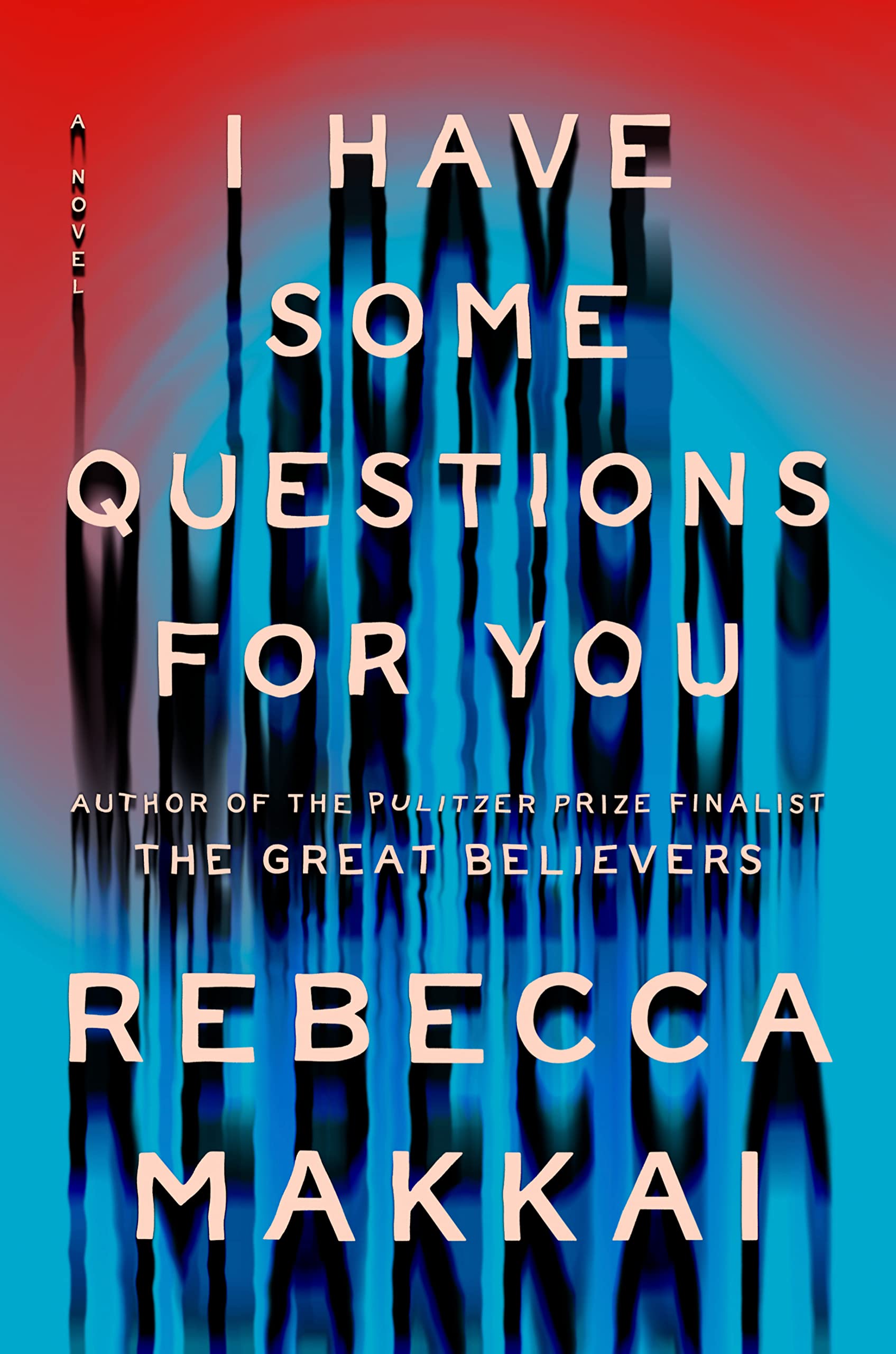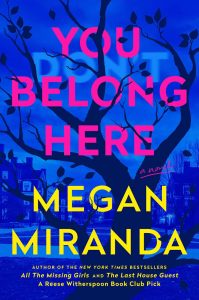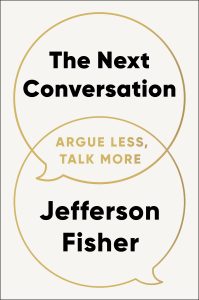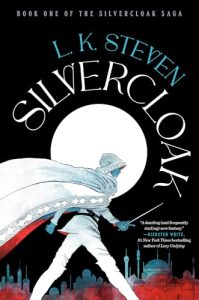
Rebecca Makkai’s boarding school mystery arrives wrapped in the trappings of a literary thriller: a prestigious New Hampshire campus, a decades old murder, and a narrator whose career in podcasting makes her the perfect conduit for revisiting a cold case. It is smartly written and idea rich, yet it also sprawls, testing the patience of readers who come for momentum and stay for character. Depending on what you want from a mystery, you may find it piercing, provoking, or simply overlong.
The setup
Bodie Kane, a successful film professor and podcaster, returns to Granby, the elite school where she once felt like an outsider. Back then her roommate Thalia Keith was murdered, and the school’s athletic trainer Omar Evans was quickly convicted. Teaching a short course pulls Bodie back into the case as she and her students reexamine old evidence, fixate on a charismatic music teacher, and reopen wounds that never healed as cleanly as Granby would like to pretend.
What works
- Cultural x-ray: The novel aims to interrogate true-crime culture, institutional optics, and who gets to tell which stories. When Makkai locks onto those questions, the book feels urgent and contemporary.
- Voice and craft: Even skeptics admit Makkai’s prose is controlled and readable. The second-person addresses and reflective passages create a thoughtful, essayistic current beneath the plot.
- Ambiguity of memory: The most compelling sections probe the slipperiness of adolescent perception and the intoxicating power of hindsight. The idea that Bodie may be recentering herself in someone else’s tragedy is an intentionally uncomfortable thread.
What misses
- Pacing and length: Many readers will feel the novel is far too long for the story it tells. The middle sags and several subplots could vanish without harming the core mystery.
- Thriller expectations: Marketed as a literary thriller, it rarely thrills. The investigation often unfolds secondhand and at a remove, which blunts tension.
- Character depth: Bodie is deliberately flawed, but her self involvement and selective outrage can feel underexamined. Several side characters blur together across timelines.
- Theme overload: Misogyny, MeToo discourse, racial injustice, cancel culture, pandemic era detail. The novel gestures at many topics and fully develops too few, which leaves some commentary feeling familiar rather than fresh.
Thematic takeaways
At its best, the book critiques the ethics of storytelling itself: the voyeurism baked into true crime, the institutional reflex to protect reputation, and the ways adults reframe teenage hierarchies to absolve themselves. At its thinnest, it reads like a catalog of social ills that never quite cohere into a singular argument.
Read this if you like
- Dark academia with an essayistic bent
- Slow burn campus mysteries focused on memory and media
- Conversation starters for book clubs that want cultural critique alongside a whodunit
Skip this if you want
- A tightly plotted, high velocity thriller
- A neatly resolved investigation without digressions
Bottom line: Thoughtful and well crafted, yet uneven. If you are here for ideas about power, memory, and the stories we tell about violence, you will find plenty to engage with. If you want a propulsive mystery that sticks the landing, you may leave frustrated.


